Paint characteristics: bright colors, clear lines, strong texture of metal materials, copper or iron can be used as raw materials, of which iron paint badges are inexpensive and good quality. If you have a small budget, choose this one is the most suitable! The surface of the paint badge is OK Apply a layer of transparent protective resin (Poly). This process is commonly known as "glue" (note that because of light refraction, the surface of the badge will be bright after the resin is applied), but the paint badge after adding the resin will lose A sense of unevenness.
Two types of badges: imitation enamel badges
The surface of the imitation enamel badge is flat. (Compared to the paint badge, the metal lines on the surface of the imitation enamel badge are actually slightly raised with your fingers.) The lines on the surface of the badge can be gold-plated, silver-plated and other metal colors. Various imitation enamel pigments are filled between the metal lines. The production process of imitation enamel badges is similar to that of enamel badges (cloisonne badges). The difference from real enamel is that the enamel pigments used in the badges are different (one is real enamel pigment, the other is synthetic enamel pigment, imitation enamel pigment.) Imitation enamel badge, The craftsmanship is exquisite, the enamel color surface is smooth, especially delicate, giving a very high-end and luxurious feeling, and it is the first choice for badge making. If you make a beautiful and high-end badge first, please choose imitation enamel badge or even enamel badge.
Three types of badges: stamping badges
Stamping badges generally use badge materials such as copper (red copper, red copper, etc.), zinc alloy, aluminum, iron, etc., also known as metal badges. Among them, copper is the softest and most suitable for making badges, so the lines of copper stamped badges are the clearest , Zinc alloy badges are second, of course, because of the price of materials, the corresponding copper badges are the highest. Various electroplating effects can be done on the surface of stamping badges, including gold plating, nickel plating, copper plating, bronze plating, and ancient silver plating. At the same time, the concave part of the stamping badge can also be processed into a matte effect, etc. , So as to produce a variety of exquisite stamping badges.
Four types of badges: printed badges
Printed badges are divided into screen printing and lithographic printing, and are generally called epoxy badges. Because the final process of the badge is to add a layer of transparent protective resin (Poly) to the surface of the badge, the materials used for printing the badge are mainly stainless steel and bronze. The copper or stainless steel surface of the printed badge is not electroplated, generally Use natural color or brushed processing. The main difference between silk-screen printing badges and lithographic printing badges is: silk-screen printing badges are mainly for simple graphics and fewer colors; while lithographic printing is mainly for complex patterns and more colors, especially with gradient colors. Correspondingly, lithographic printing badges More exquisite.
Five types of badges: bite version badges
Bitten badges are generally made of various materials such as bronze, stainless steel, iron, etc., with delicate lines. Because the upper surface is added with a layer of transparent resin (Poly), it feels slightly raised to the touch and has the characteristics of bright colors. Compared with other processes, the production of bite-plate badges is simple. After the designed artwork film is exposed, the badge artwork on the negative film is transferred to the copper plate, and then the pattern that needs to be hollowed out is corroded by chemical agents. After coloring, grinding, polishing, punching, soldering, electroplating, etc., a bite-shaped badge is completed. The thickness of the bite version badge is generally 0.8mm.
Six types of badges: tinplate badges
The material for the production of the tinplate badge is tinplate. Its craft is relatively simple, the surface is wrapped with paper, and the printing pattern is provided by the customer. The badge is cheap and relatively simple to make. It is more suitable for student teams or general team badges, as well as general corporate promotional materials and promotions Pin etc.
Types of badges: paint badges










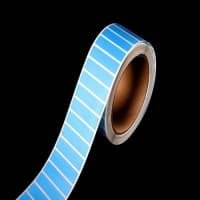
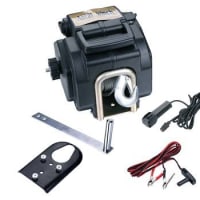
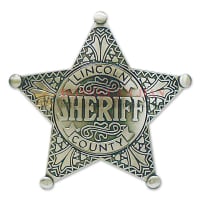
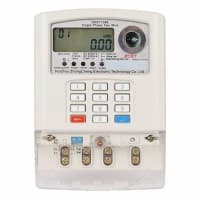
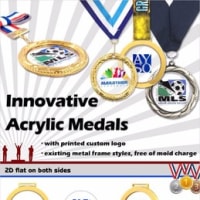
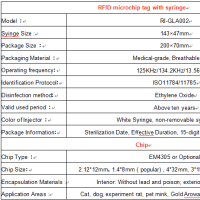

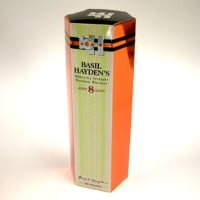
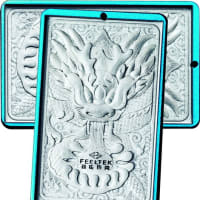
※コメント投稿者のブログIDはブログ作成者のみに通知されます